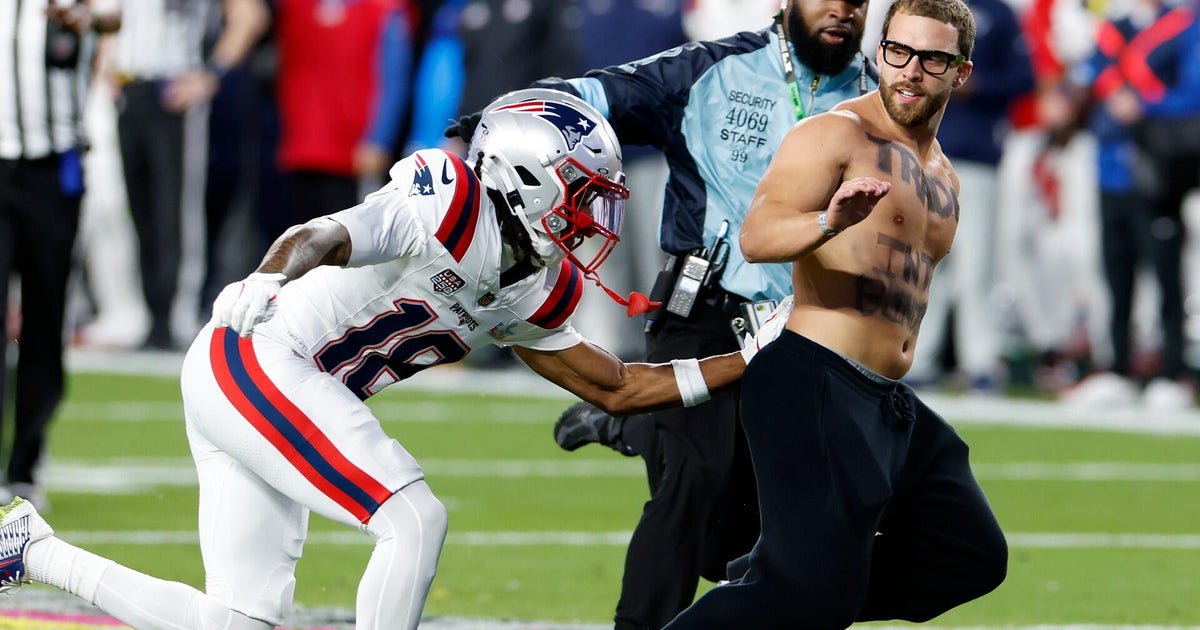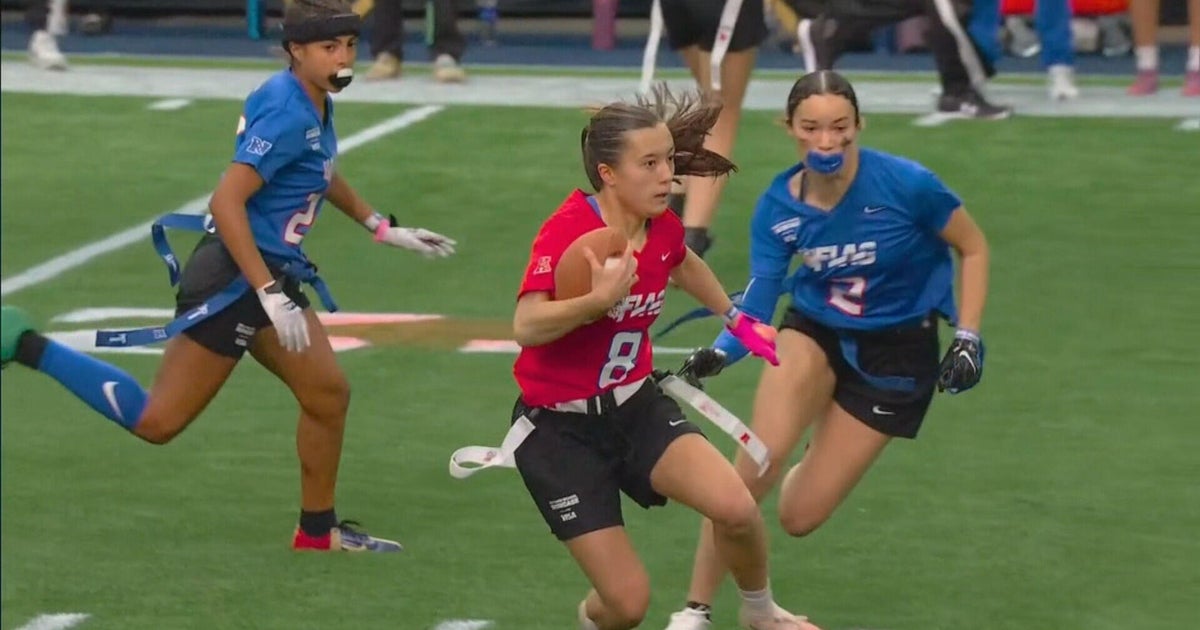Fixing The Pro Bowl Voting System
Love it or hate it, the NFL Pro Bowl is fast approaching. The League announced the initial rosters just after Christmas, and changes have trickled in ever since. Having been a Hawaii resident all my life, the Pro Bowl is the only NFL that I have ever known. The game has been played in Hawaii every year since 1980 except 2009 when it was hosted in Miami.
So what's the lead story heading into the game so far? As usual, it's the selection process (i.e. the Richard Sherman snub and the Jeff Saturday inclusion.) Like any all-star game or event that uses subjective voting, there are always, ALWAYS surprise inclusions and anger-inducing exclusions. This year is no different. Here's a quick breakdown of the pertinent voting rules:
- Overall votes are broken down into thirds: players, coaches, fans.
- Players cannot vote for teammates.
- Players can only vote for players who play on the opposing side of the ball (i.e. offensive players can only vote for defensive players and vice versa).
 Photo Credit: Kent Nishimura/Getty Images
Photo Credit: Kent Nishimura/Getty Images
Many have written about the "politics" surrounding the voting. Indeed there are many ways that players can help teammates make a roster despite the aforementioned restrictions on voting. For example, a player can vote for someone who has absolutely no shot at making the team, thereby giving their own teammate a better shot. Additionally, most players who vote will admit that they have very little time during the season to watch other players (and thus very little time to determine who is most deserving) because their obligations to their individual teams are far too great.
Fan voting tends to swing towards more well known players. It's a massive popularity contest, which also complicates things. Even in the NBA, which has the most marketable players of any major sport, guys like Yao Ming would get voted into the all-star game every year (even in years when he was hurt) because of the insurmountably strong contingent of online Chinese votes.
NFL players, despite playing easily the most popular sport in America, don't get as much exposure because they wear helmets obscuring their faces. That means the casual voting fan is fairly limited in who and what they know. Players like Jeff Saturday, who was playing so poorly that he was benched by the Packers, get voted in while players like Ndamukong Suh, who absolutely deserved to go, was initially left off because of the perception that he is a "dirty" player.
 Ndamukong Suh (Photo Credit: Ezra Shaw/Getty Images)
Ndamukong Suh (Photo Credit: Ezra Shaw/Getty Images)
What's the easiest way to fix all this? Well, actually, that's sort of a trick question. The easiest way would be to only allow the scouts for the 32 teams to vote and give them a very specific list of criteria to consider. They are the ones who follow the players most closely and who are the most up to date on their player profiles (in a largely objective sense.) This is not, however, a legitimately viable solution. The NFL would never knowingly cause another PR disaster (a la bounty-gate, the replacement refs, etc.) by doing away with fan voting.
Splitting the vote between the fans and the scouts is the best way to ensure that rosters are comprised of the most deserving players. This is, of course, still an imperfect system (as the same fan popularity-based problems will continue. Still, at least this way you avoid the obviously flawed scenario of allowing the unqualified opinions from coaches and players to select who gets to come to Hawaii. Now... if only the NCAA would follow suit with its polling practices. But I digress.
Harrison Goo is a contributor to CBS Local and the founder of the blog SportsGooru.com. Email him at harrisonkgoo@gmail.com or follow him on Twitter @sportsgooru.







